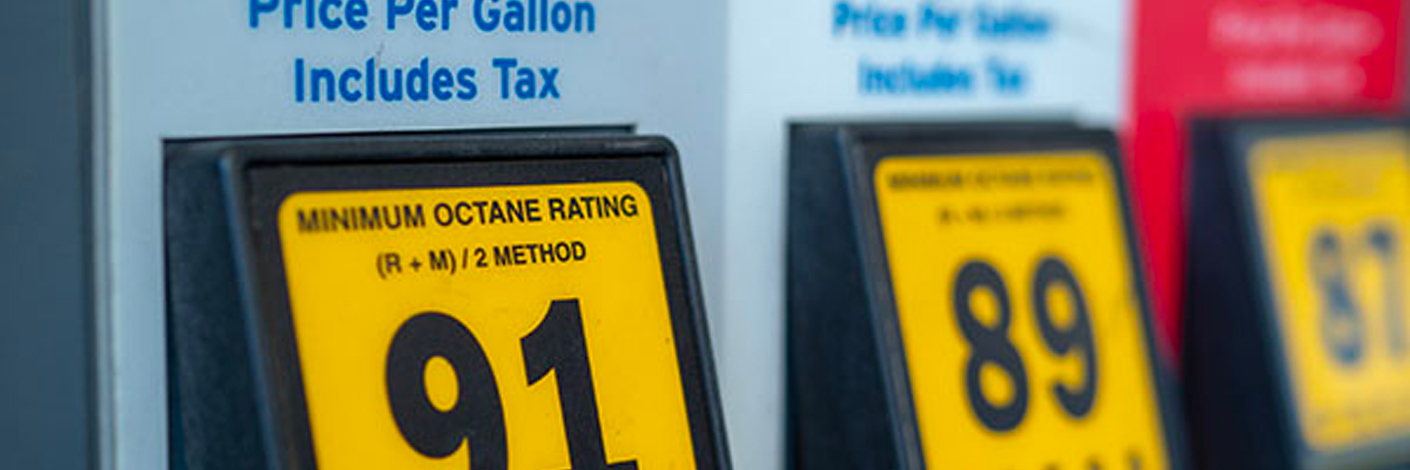You pull up to a gas station like usual, ready to refuel your beloved vehicle, and you’re faced with a dilemma every time – which octane rating should you choose? It’s a choice we make every time we fill up our tanks, yet the world of fuel octane ratings remains shrouded in mystery for many. But fear not, we are here to clear the fog and give you a simple, straightforward explanation!
THE OCTANE RATING – WHAT’S IN A NUMBER?
Octane ratings represent a fuel’s resistance to “knocking” or “pinging” during combustion. Knocking occurs when the air-fuel mixture ignites prematurely in the engine, causing a disruptive and potentially damaging explosion. Higher octane fuels are more resistant to knocking.
At most gas stations, you’ll find three common octane ratings: regular (typically 87), mid-grade (usually 89 or 91), and premium (often 91 or 93). Each option caters to different engine types and driving conditions.
REGULAR OCTANE (87)
Regular unleaded (87 octane) is suitable for most vehicles and is recommended for everyday use. If your car’s manufacturer doesn’t specify higher octane fuel, there’s no need to splurge on premium.
MID-GRADE OCTANE (89-91)
Mid-grade fuels (typically 89 or 91 octane) offer a compromise between regular and premium. They are suitable for vehicles that may benefit from higher octane, such as some performance-oriented cars or those with turbocharged engines.
PREMIUM OCTANE (91-93) – HIGH-PERFORMANCE IN MIND
Premium fuels (usually 91 or 93 octane) are designed for high-performance and luxury vehicles that have engines with higher compression ratios or forced induction systems. Using premium in these vehicles is often necessary to prevent knocking.
WHICH ONE SHOULD I CHOOSE?
The best thing you can do to make the best choice is to visit your owner’s manual. It will specify the minimum octane rating required for optimal performance and fuel efficiency. Using a higher octane fuel than recommended typically offers no benefits and is a waste of money.
PERFORMANCE AND EFFICIENCY
Using higher octane fuel than required won’t improve your car’s performance or fuel efficiency if it isn’t the one recommended by the manufacturer. It can have the reverse effect – pumping very highly explosive fuel into an engine that isn’t made for it, can damage the block and evolve into bigger problems.
While we are on the topic of fuel, is your fueling system problem-free? Fuel system repairs and maintenance at MB Automotive Services – contact us, book an appointment, and see the difference that we are known for!


